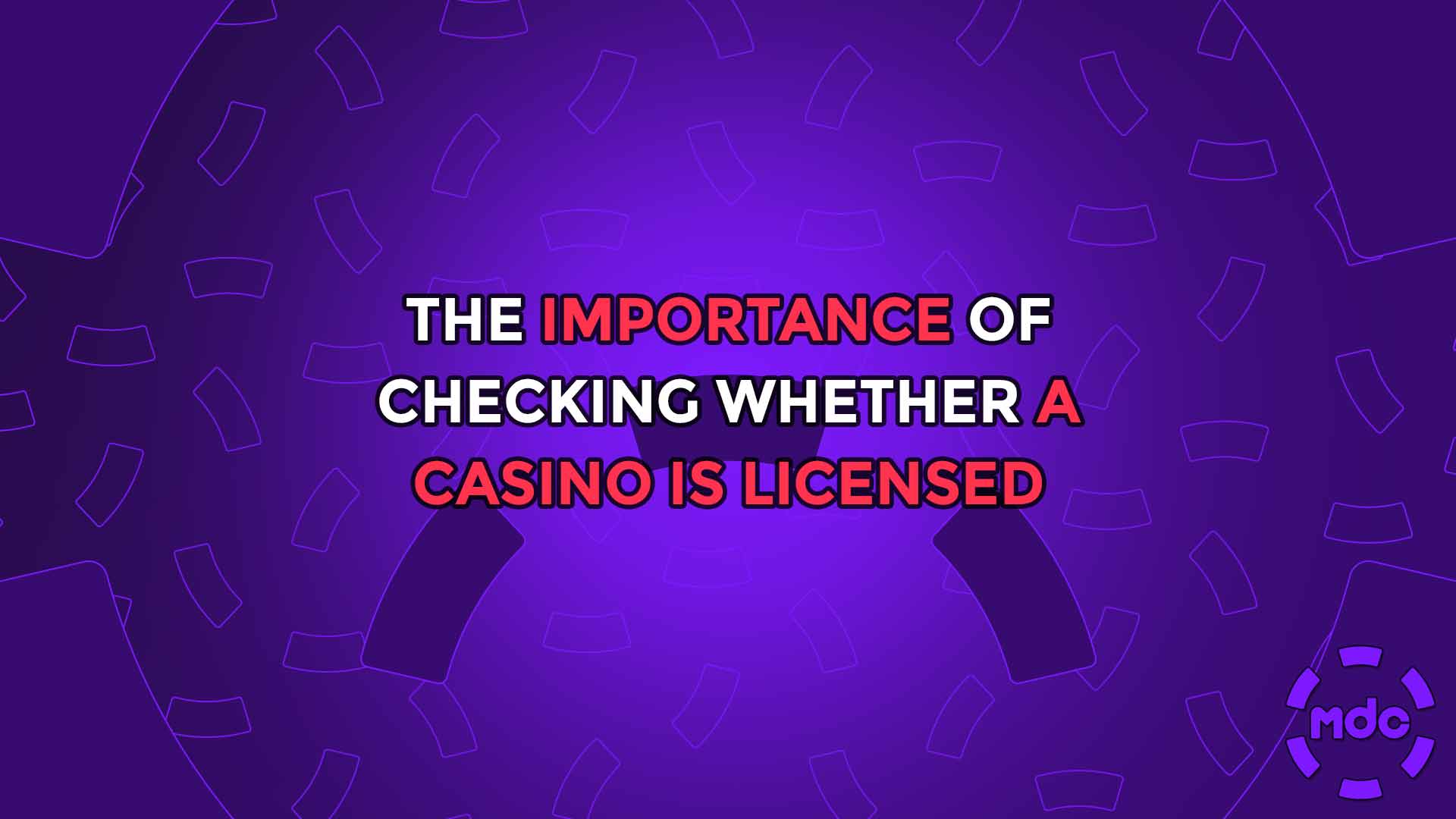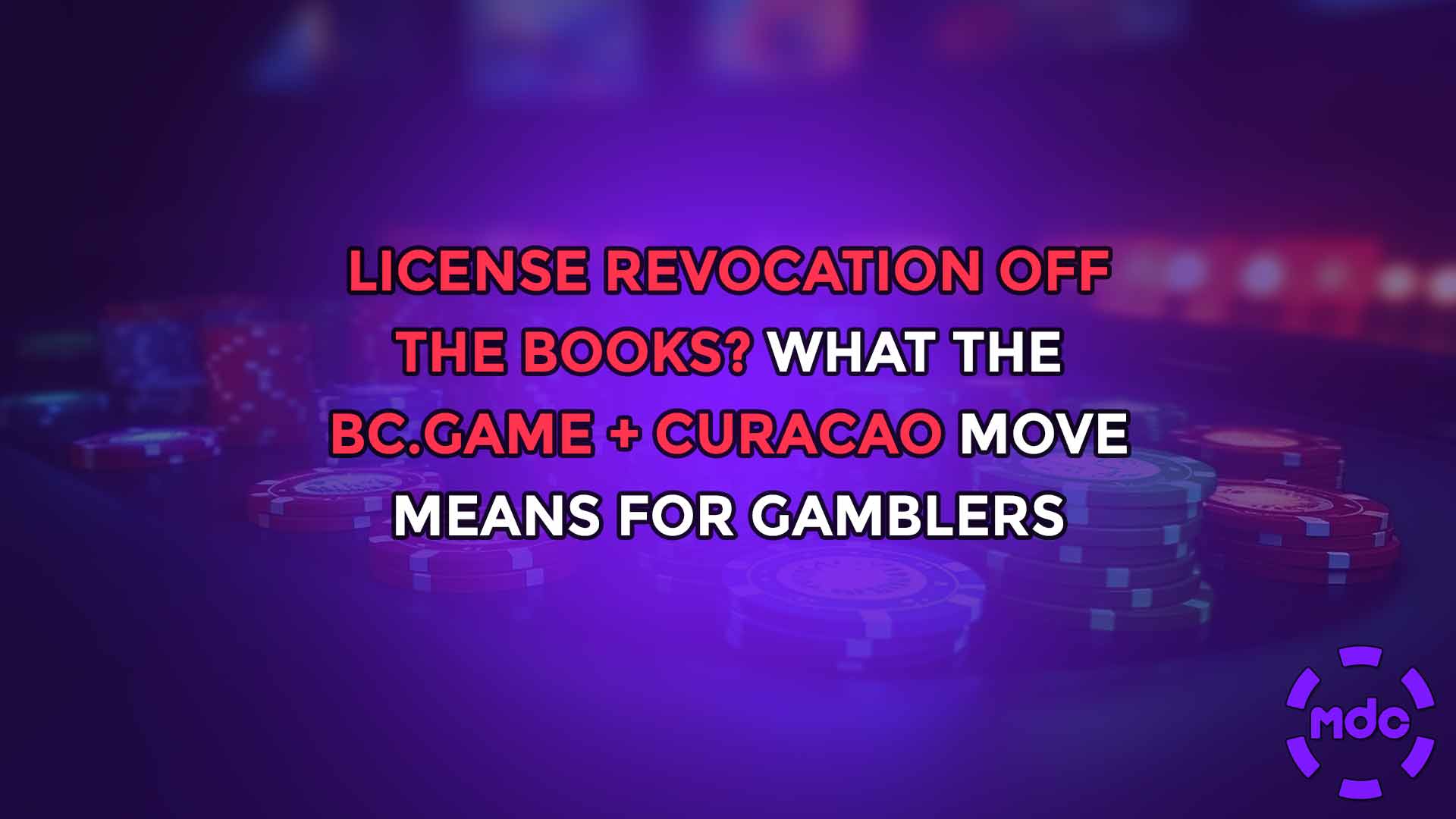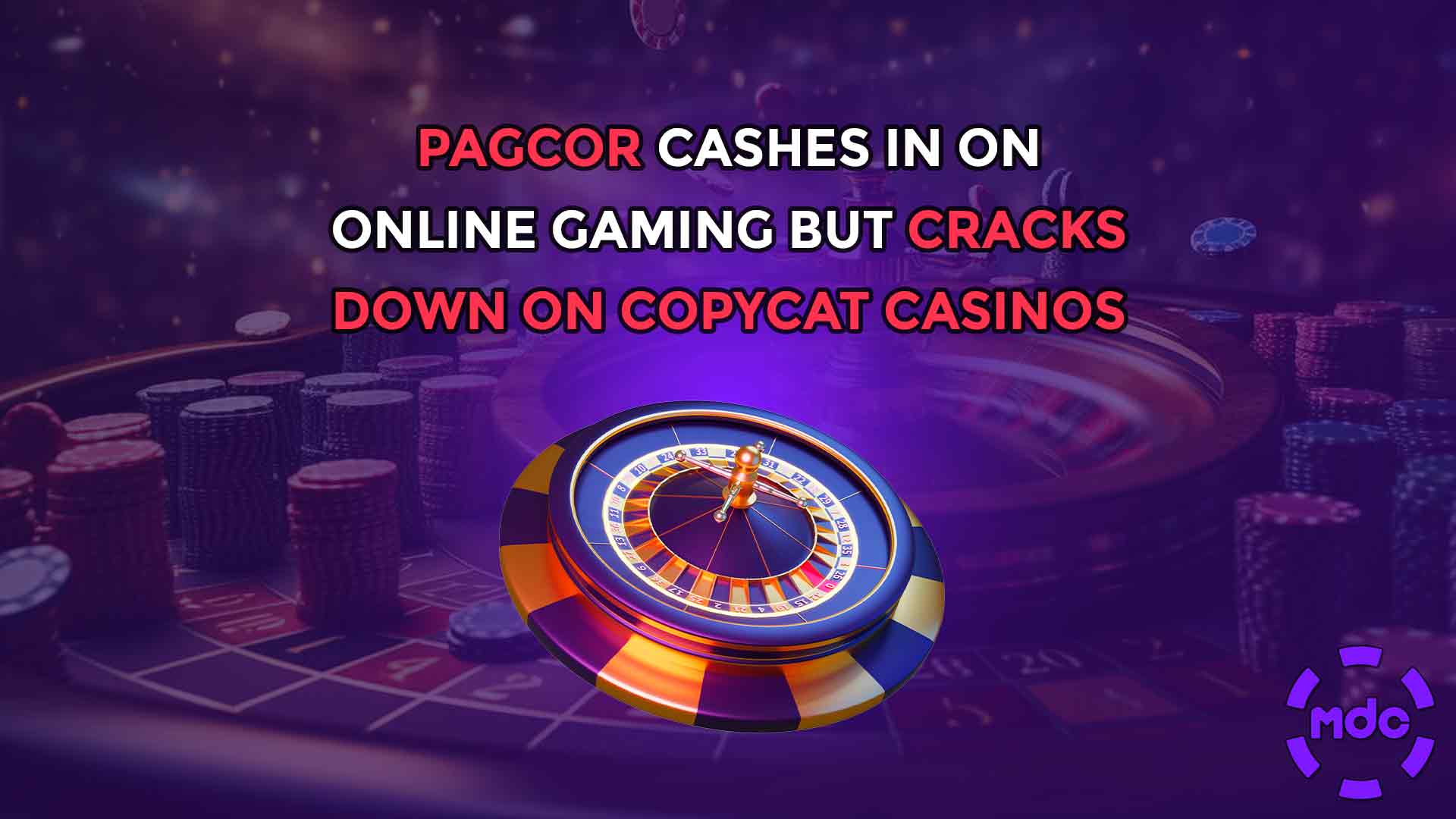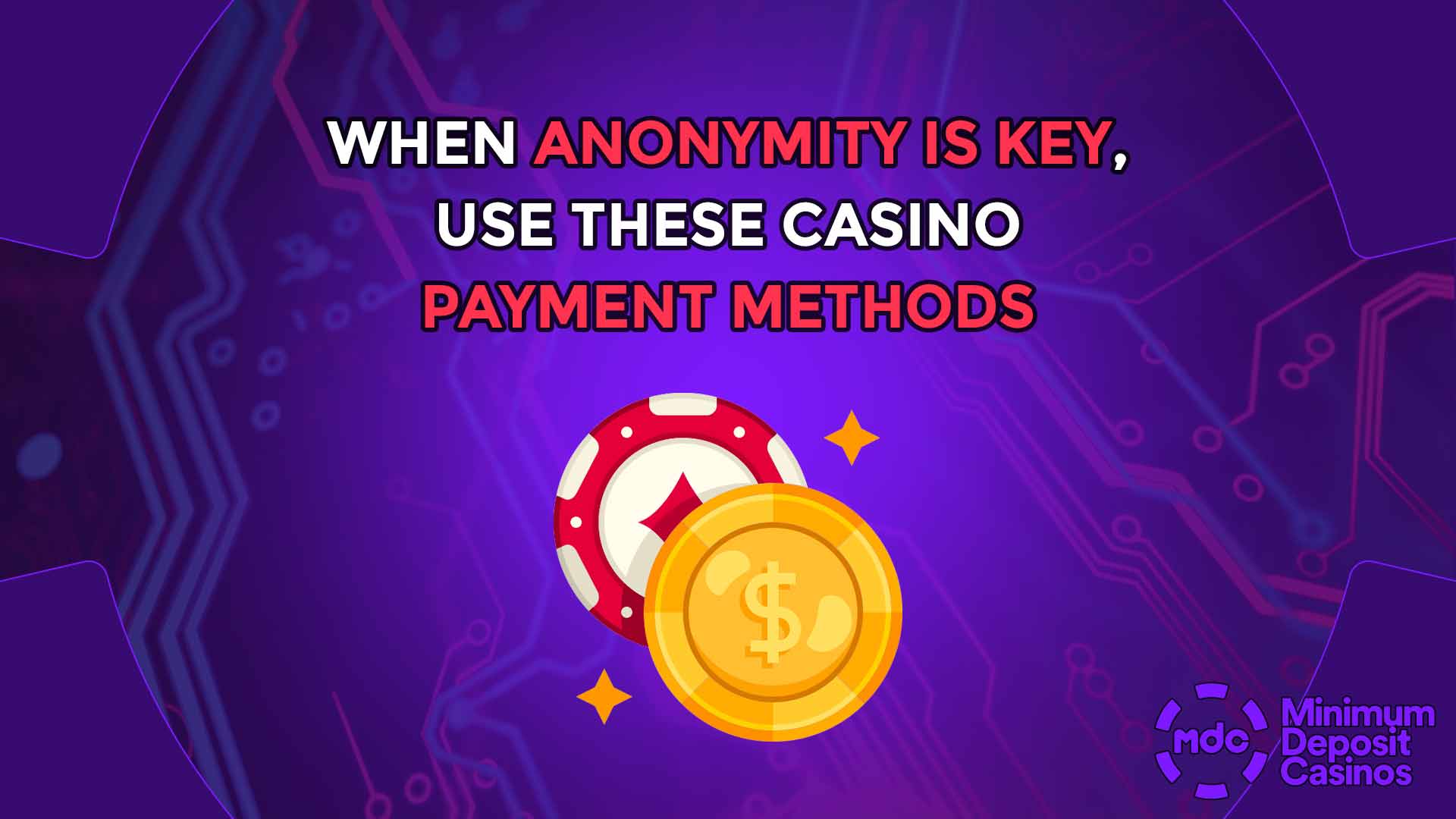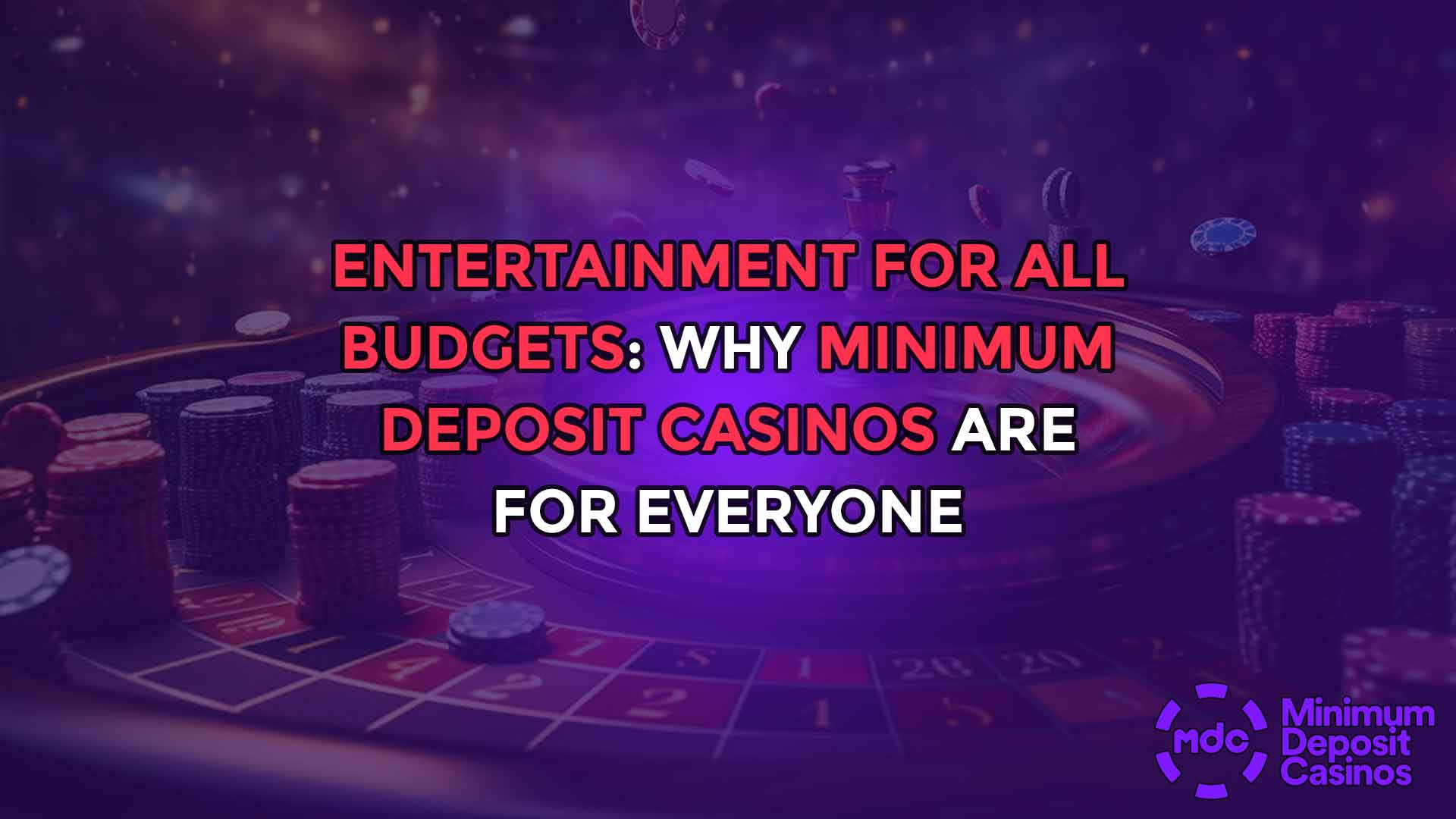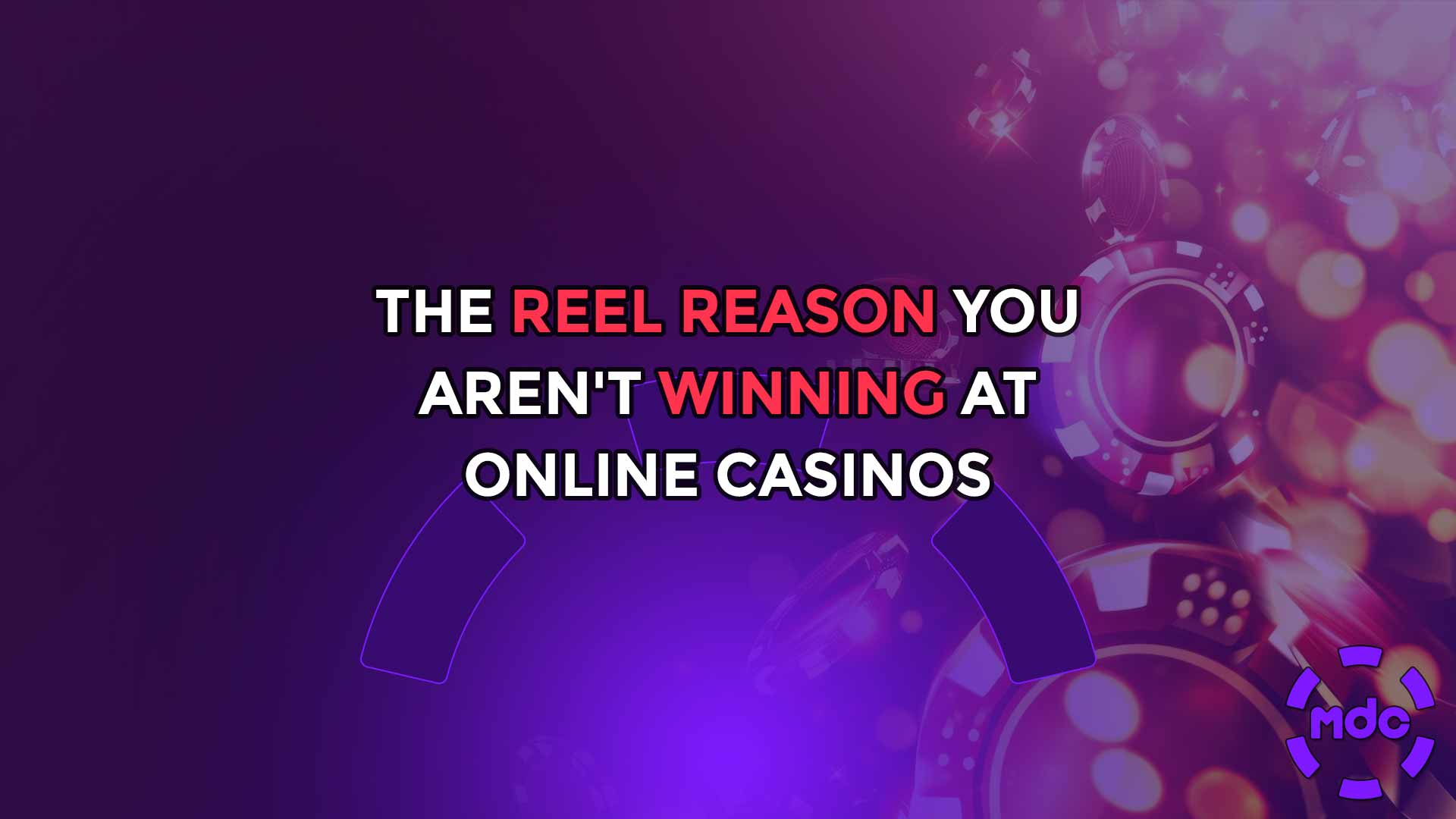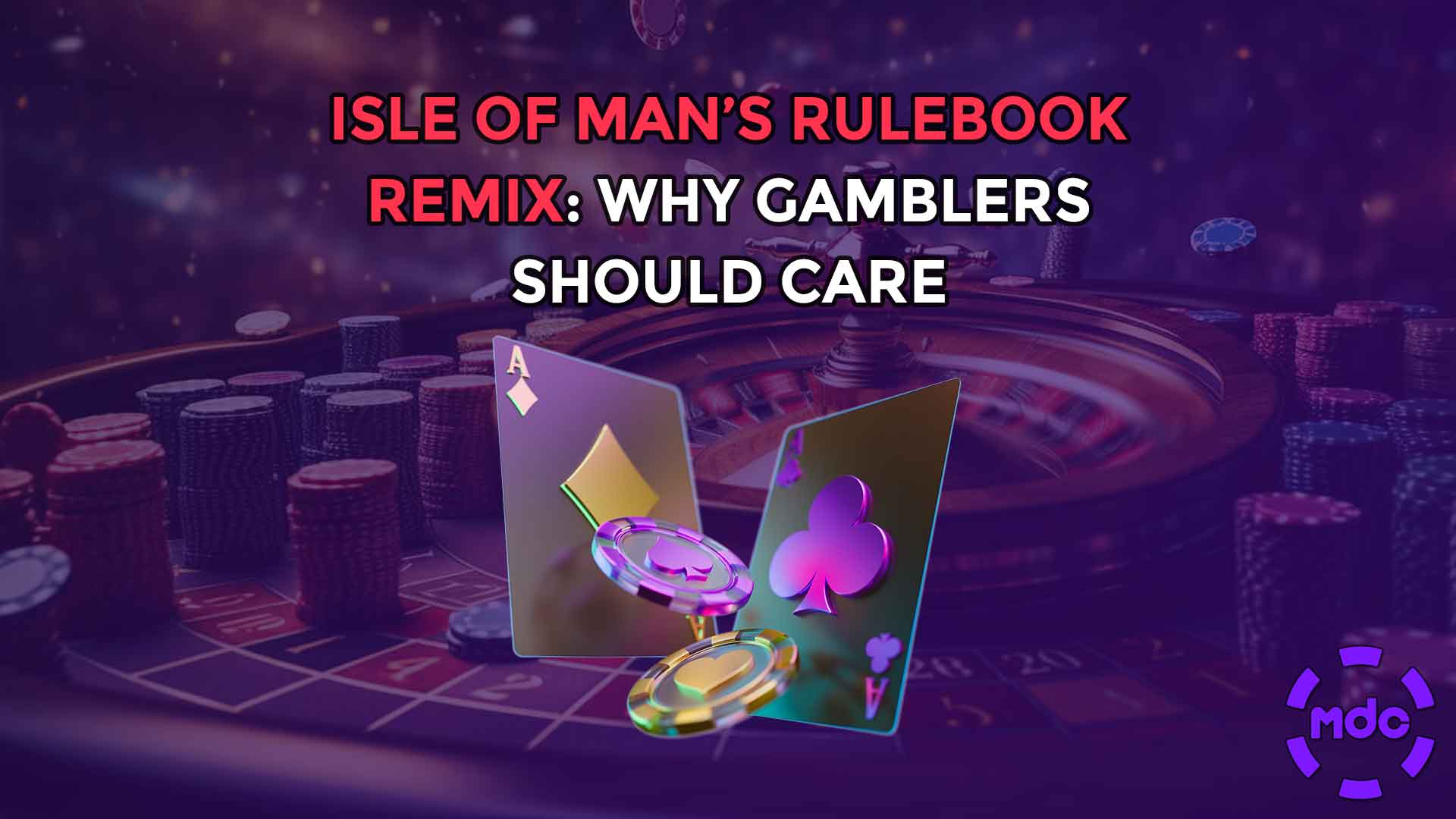The importance of checking whether a casino is licensed
There’s no polite way to put it; playing at an unlicensed online casino is a gamble in all the wrong ways. You might win a few rounds, maybe even cash out once or twice. But the moment there’s a problem, say your payout doesn’t arrive, or a game outcome seems off, you’ve got nowhere to turn. No authority to step in. No safety net. That’s what you’re walking into when you play on a site without a proper license. And once you realize it, it’s usually too late.
In today’s digital gambling space, the number of platforms offering flashy bonuses and slick websites has exploded. But not all of them play by the rules. A proper gaming license isn’t just a stamp on the footer of a site but a sign that a casino has been vetted, approved, and is held accountable by a governing body. It means your money, data, and gameplay aren’t left hanging in the wind. Licensed casinos are required to operate transparently, submit to audits, follow rules around fairness, and uphold consumer protection standards.
This article will walk you through why licensing matters – seriously matters. We’ll explain what a legitimate license involves, how to identify the real from the fake, what’s at risk when you ignore the signs, and how to make sure you’re sticking with safe online casinos. Whether you’re new to gambling or you’ve been at it for years, this is the kind of basic due diligence that too many players overlook, until things go wrong.
Let’s get into it.
What Does It Mean for a Casino to Be Licensed?
When a casino is licensed, it’s legally approved to operate by a gambling authority. That might sound obvious, but there’s a huge difference between being licensed and simply being “registered” somewhere offshore or flying under the radar.
A license isn’t automatic. It’s not something you slap onto a website after filling in a form. Reputable licensing bodies like the Malta Gaming Authority (MGA), UK Gambling Commission (UKGC), Spelinspektionen (Sweden), and the Alcohol and Gaming Commission of Ontario require applicants to go through a pretty intense process. We’re talking financial audits, ownership background checks, software testing, anti-money laundering protocols, and strong consumer protection mechanisms.
For example, to get a license from the UKGC, operators must show that they can meet very specific requirements: financial stability, fairness of games (all software is tested by approved third-party labs), data security, and strict Know Your Customer (KYC) and Anti-Money Laundering (AML) policies.
Now compare that to casinos “licensed” in less stringent jurisdictions like Anjouan or Vanuatu; locations that offer so-called “universal” gaming licenses for relatively low fees and minimal paperwork. Sure, they technically provide some kind of documentation, but these licenses don’t offer the same level of regulatory enforcement. In some cases, they barely enforce anything at all. This difference matters more than most players realize.
If you want a deeper dive into how gambling regulations vary by region, be sure to read our guide to regulations for gambling online around the world. It’s a solid reference for understanding how these structures work globally and where the gaps are. Also, if you’re curious why many top-tier regulators avoid licensing crypto-exclusive casinos altogether, there’s another great read here:
Risks of Playing at Unlicensed Casinos
Here’s where the cracks really show. When you sign up at an unlicensed casino, you’re essentially walking into a room with no rules and no referees. Sure, the games might look the same. The design might even be sleek. But under the hood, the differences are massive and the risks are very real.
Your money isn’t protected
Let’s say you deposit $200 into an unlicensed site. You play, you win, and then… nothing. And here’s the worst part: there’s nowhere to appeal. Licensed casinos are required to hold player funds in separate accounts, audited and often insured. As for the unlicensed ones, they can mix your money with their operational funds – or worse, vanish with it altogether. And there’s zero legal backing to help you recover losses from platforms that were never regulated to begin with.
No fair play guarantees
Game fairness isn’t something you can eyeball. A spin looks like a spin. But behind that animation is code, and it’s either built on verified random number generators (RNGs) or it’s not. Licensed casinos have to prove their games are tested and certified by independent labs like eCOGRA or iTech Labs. Unlicensed ones, on the other hand, can tweak the odds, manipulate results, or rig bonus mechanics. You wouldn’t even know until it’s too late.
Data safety is basically optional
Casinos collect sensitive data: names, emails, banking info, ID documents. Licensed operators are bound by data protection laws; think GDPR in Europe or similar standards elsewhere. Unlicensed casinos often don’t even encrypt traffic properly. Some have even been found selling user data or leaking it due to basic security failures.
No real dispute resolution
Licensed casinos must offer formal complaint procedures. If something goes wrong, like a bonus not being paid out, or a suspicious account suspension, you can take the issue up with the licensing body. If the site’s licensed by the MGA, for example, you can file a formal complaint, and they’re required to investigate. Try that with an unlicensed site. At best, you’ll get silence. At worst, they’ll just block your account.
Zero KYC, zero protection against fraud
Know Your Customer (KYC) and Anti-Money Laundering (AML) checks exist to protect players and prevent criminal abuse of platforms. Licensed casinos must verify identity before you can withdraw, flag suspicious transactions, and limit activity if there’s a red flag. Unlicensed casinos often skip KYC entirely, which might sound convenient at first, until you realize it also means stolen cards, laundered money, and illegal funds are flowing freely through those sites. And once that ecosystem is contaminated, legitimate players often suffer the consequences.
How to Check if a Casino is Licensed
A good casino doesn’t hide its license. Rather, it puts it where you can find it. Still, not everything you see on a site should be taken at face value. A logo on a footer doesn’t mean much unless you can verify it. So, let’s break it down properly.
Start with the website’s footer
Scroll down to the very bottom of the casino’s homepage. That’s usually where licensing information is listed. Look for details like the name of the regulatory body (e.g., “Licensed by the UK Gambling Commission”) and a license number.
Follow the link
Legitimate casinos often include a link that directs you to the regulator’s website, where the license can be publicly verified. For example, a proper MGA license link should take you to their official portal with the operator’s details listed. You can also go straight to the regulator’s site and use their public register to search manually by casino name or license number.
Look for trust signals
Licensing is step one, but real casinos show their credibility in other ways. They display third-party audit seals (e.g., eCOGRA), they link to responsible gambling bodies, and they offer full KYC-compliant onboarding. If a site never asks for ID verification or says you can cash out anonymously, that’s not a feature but a warning sign.
Fake licenses are a real problem
Yes, casinos lie. Some go as far as faking license badges or copying license numbers from other legitimate platforms. Take CasinoWinner for example. The MGA had to release a public statement recently clarifying that the casino was falsely using its name. There have been dozens of similar cases. Always go to the source. A real license should be visible and verifiable directly with the issuing body. If it’s not, walk away.
Check trusted review sites and blacklists
Don’t stop at the casino’s own site. Visit independent review platforms like Minimum Deposit Casinos (MDC) and community forums. Players are quick to flag scams, and blacklists are updated regularly by watchdog sites. On our own platform, we maintain up-to-date guides and lists of safe online casinos that hold valid, active licenses.
Spotlight on Licensing Bodies: Who Can You Trust?
Not all licenses are created equal. Some regulators are watchdogs with teeth while others are more like rubber-stamp factories. And for players, the difference is everything. Below, we break down a few licensing bodies to watch.
Trusted, Tier-One Regulators
UK Gambling Commission (UKGC)
Hands down, one of the toughest. Casinos licensed by the UKGC must follow strict standards: financial transparency, fair game testing, anti-money laundering (AML) policies, and full-scale player protection. If a casino has this license, it’s because they earned it.
Malta Gaming Authority (MGA)
Based in the EU, the MGA is another heavyweight. They oversee a huge portion of the global market and demand full compliance with fairness, security, and responsible gambling laws. Their complaint resolution process is among the best in the business.
Spelinspektionen (Sweden)
Strict and focused on consumer safety, the Swedish Gambling Authority is relatively new (founded in 2019) but highly respected. It’s known for closely monitoring player protections, including deposit limits, cooling-off periods, and operator responsibility.
Alcohol and Gaming Commission of Ontario (AGCO)
Canada’s Ontario province is setting a new gold standard in North America. This region is now a leading example of how local regulation can deliver global-level security.
Gibraltar Gambling Commissioner / Isle of Man Gambling Supervision Commission
Both of these small but serious regulators uphold strong licensing conditions. They’ve been active in the online space for years and continue to maintain reputations for accountability, fairness, and stability.
Middle-Tier or Lax Regulators
Curaçao eGaming
Let’s call it what it is – Curaçao has been the go-to for budget operators for over a decade. It’s easy to get a license here: minimal paperwork, low fees, and historically, almost no enforcement. That’s why thousands of sites have used this jurisdiction. But times are changing. As of 2024–2025, Curaçao is in the middle of overhauling its regulatory structure. The government is aiming for higher compliance, but the rollout is still ongoing. Until the reforms are fully in place, a Curaçao license alone shouldn’t be seen as a strong layer of player protection.
Kahnawake Gaming Commission (Canada)
This regulator, based in a Mohawk territory in Quebec, has been around for a while. It’s better than most offshore regulators but doesn’t offer the same level of transparency or player support as the UKGC or MGA.
New, Questionable Regulators
Anjouan Offshore Finance Authority (Comoros)
Anjouan is the latest trendy option for crypto casinos and new operators trying to dodge more stringent oversight. The license process is fast, broad (covers all forms of gambling under one approval), and far more affordable than top-tier jurisdictions. On paper, it sounds convenient. In practice, it lacks enforcement, has very few checks, and offers virtually no consumer protection.
Vanuatu, Costa Rica, and Seychelles
These are other examples of light-touch jurisdictions. Some of them don’t even issue real gambling licenses but just business registrations. Operators licensed here are essentially self-regulated, and there’s no framework for handling disputes or verifying software fairness.
Real-World Consequences of Weak Licensing
In early 2025, BC.Game, one of the best-known crypto casinos, voluntarily surrendered its Curaçao license. The casino was responding to the increasing pressure from regulators worldwide, particularly in Europe, to align with stricter rules. It shows that even big brands are starting to realize they need more than just a rubber-stamped license to stay credible.
There’s a pattern here. Weak licensing attracts quick launches, shady marketing, and bad behavior. But as global scrutiny rises, regulators like the MGA and UKGC are clamping down, and casinos that want long-term credibility are jumping ship from weak jurisdictions.
Licensed or Nothing: A Non-Negotiable Step
At the end of the day, this isn’t something you can afford to overlook. A valid gambling license is the bare minimum for safe, secure online play. So here’s the move: don’t just trust a logo. Check the license. Look it up. Verify it on the regulator’s site. If the casino won’t make that easy for you, walk away. The risks aren’t worth it.
Our team at Minimum Deposit Casinos (MDC) keeps updated guides and lists of licensed, trusted platforms so you don’t have to do all the digging yourself. Use them.
Smart gambling starts with one simple rule: if it’s not licensed, it’s not worth your time. Stick to that, and you’re already ahead of the game.
